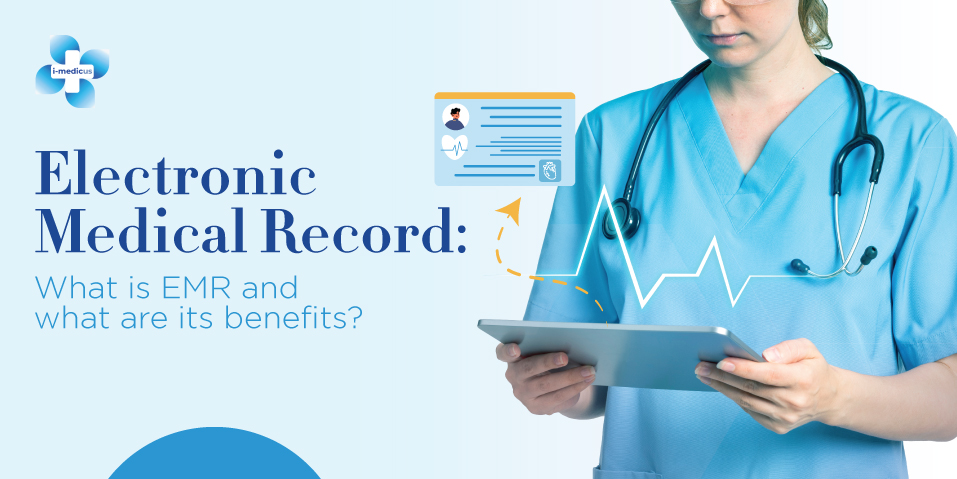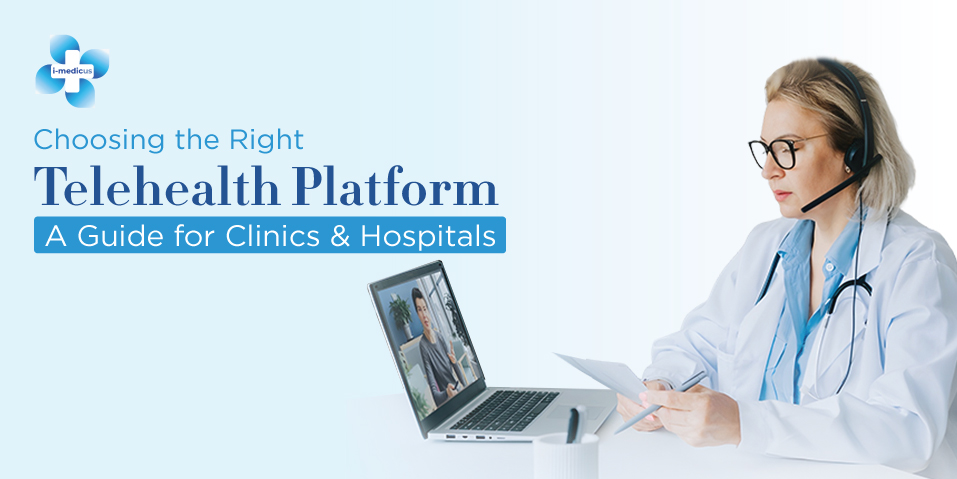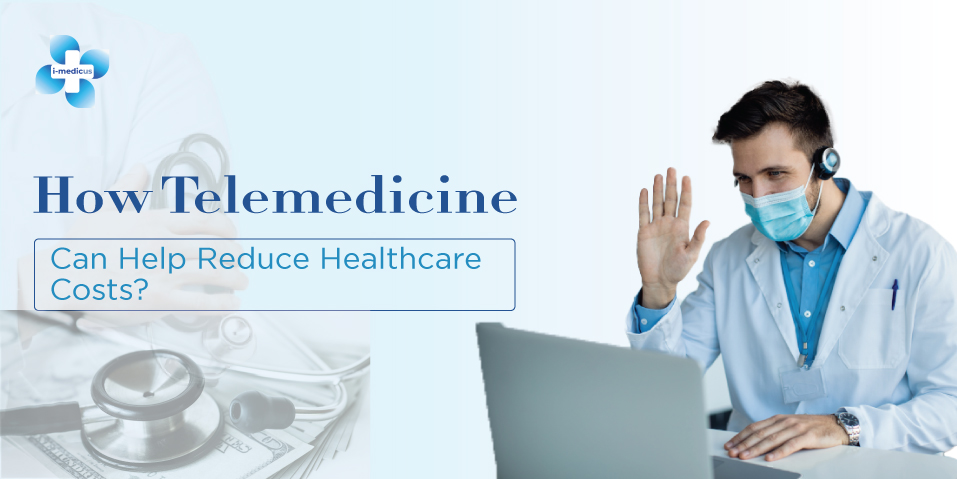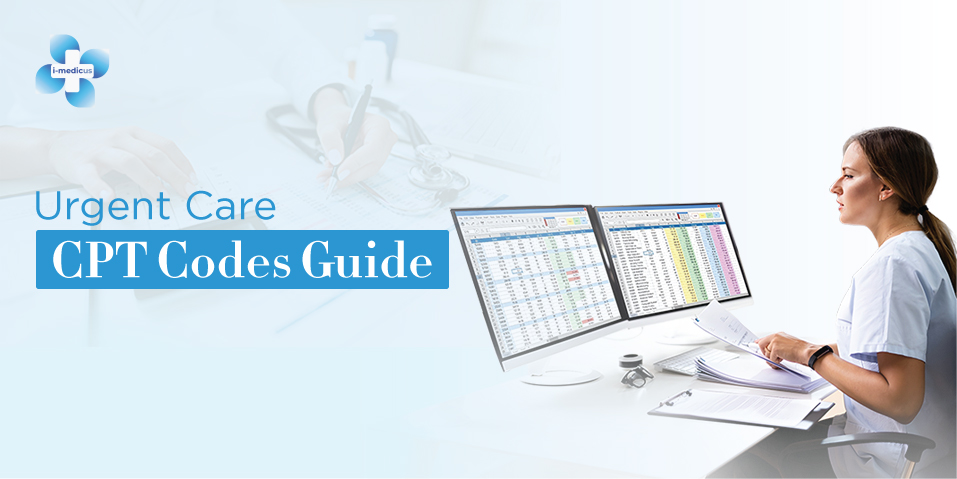So you’ve probably heard the term “electronic medical records software” or EMRs thrown around lately. Modern telehealth solutions and EMRs are paving the way for a modern, efficient healthcare system.
But what exactly are these new-age digital platforms and how are they changing healthcare? Read on to learn all the ways EMRs are improving medical care and making visits less about paperwork and more about top-quality patient care.
What Are Electronic Medical Records (EMR)?
Electronic Medical Records Software or EMRs are digital versions of the traditional paper charts that contain a patient’s medical history, diagnoses, medications, treatment plans, test results, and more. Instead of flipping through folders of paper, doctors/patients can now instantly access all records on a computer or tablet.
Unlike paper charts, EMRs allow health information to be shared electronically between doctors, specialists, hospitals, and even across different health systems. Providers have a more complete picture of patients’ health and medical backgrounds. EMR systems also improve accuracy by eliminating issues like poor handwriting or lost medical records. According to a study, the use of EMRs is associated with a significant reduction in medication errors
The Benefits of EMR Software and Systems
By digitizing patient health information, EMRs provide significant benefits for both providers and patients.
For doctors and healthcare organizations, EMRs make it easy to access and share patient medical histories. This results in higher quality, more efficient care since providers have a more complete picture of the patient’s health.
For patients, EMRs mean no more repeating your medical history and current conditions at every visit. Your records follow you, so new doctors are quickly up to speed on your background and needs.
But that’s not all!
EMRs decrease costs from lower paper usage and fewer storage needs. Some EMR systems even have billing and revenue cycle management built right in.
And, not to forget the boost in patient engagement
EMRs make patients active participants in their own care and lead to better health outcomes. Patients can check on results, ask questions, request prescription refills, and more without waiting for office hours or playing phone tag.
Read Also: The Latest COVID Variants: How Telehealth Can Help You Stay Safe
How EMRs Improve Patient Care
EMR systems have significantly improved how physicians provide care to patients. Here’s how:
Improved Accessibility
Instant access to a patient’s medical history allows providers to make quicker and more informed diagnoses and treatment plans. Patients also have access to their own records and can share them electronically with other doctors. This coordination of care leads to better outcomes.
Reduced Errors
Electronic records minimize the risk of important health details getting lost or misfiled. There is less chance of prescription errors since physicians can see a patient’s medication list and history.
Increased Efficiency
EMR systems save time that was previously spent tracking down physical charts and scribbling not EMR and also allow doctors electronically to prescribe medications, order lab tests, and make other requests.
Improved Reporting
With the digitization of health records comes the ability to analyse large amounts of data to spot health trends and identify at-risk groups. This can lead to improved disease management programs and preventative care initiatives.
EMR Adoption Rates and the Future of Digital Healthcare
Electronic medical records (EMRs) along with telehealth platforms have been widely adopted in the U.S. healthcare system. This massive shift to digital healthcare has transformed how patient data is stored, accessed, and shared.
Interoperability and Data Sharing
EMRs from different healthcare organizations and software vendors can now securely share data through interoperability standards. Interoperability reduces medical errors, improves care coordination, and gives patients easy access to their own health data.
Telehealth and Remote Monitoring
Telehealth services rely on EMRs to function. Doctors can access health records to provide diagnosis and treatment from a distance. RPM tools can track vital signs and health metrics in between visits and automatically upload the data to EMR. This allows for closer monitoring of chronic conditions without frequent trips to the doctor’s office.
While EMR adoption has been slower outside the U.S., digital health records are poised to spread globally. The future possibilities for improving outcomes, reducing costs, and enhancing the patient experience are truly exciting.
Save your patient records digitally with i-medicus
With i-medicus telehealth solutions, providers, clinics, and hospitals can transition to electronic records seamlessly. Say goodbye to worries about initial costs, technical glitches, and security breaches.
i-medicus ensures your patients’ medical data is secure, accurate, and accessible when needed. Doctors and nurses benefit from a comprehensive view of patient health and medical history at their fingertips, enabling them to make the best treatment decisions.
Plus, the user-friendly interface means providers spend less time on paperwork and more quality time focused on patient care. Download the i-medicus app today!
FAQs
Is i-medicus a telehealth app or an EMR app?
i-medicus is primarily a user-friendly telehealth app that seamlessly integrates EMR-like features. As a provider, you can effortlessly record and access patient health information within the app, enhancing your virtual patient care experience.
Do you charge for EMR-like features?
No, we do not charge separately for our EMR-like feature. It’s an integral part of our telehealth solutions, making virtual patient care efficient and paper-free, along with a range of other valuable features.
Are you HIPAA compliant?
Absolutely! i-medicus prioritizes the security and privacy of patient information. We are fully HIPAA compliant, ensuring that your patient data remains safeguarded and confidential.
What other features does the i-medicus app offer?
The i-medicus app offers a range of features, including appointment booking, video consultations, and convenient payment management, making healthcare accessible and hassle-free.








